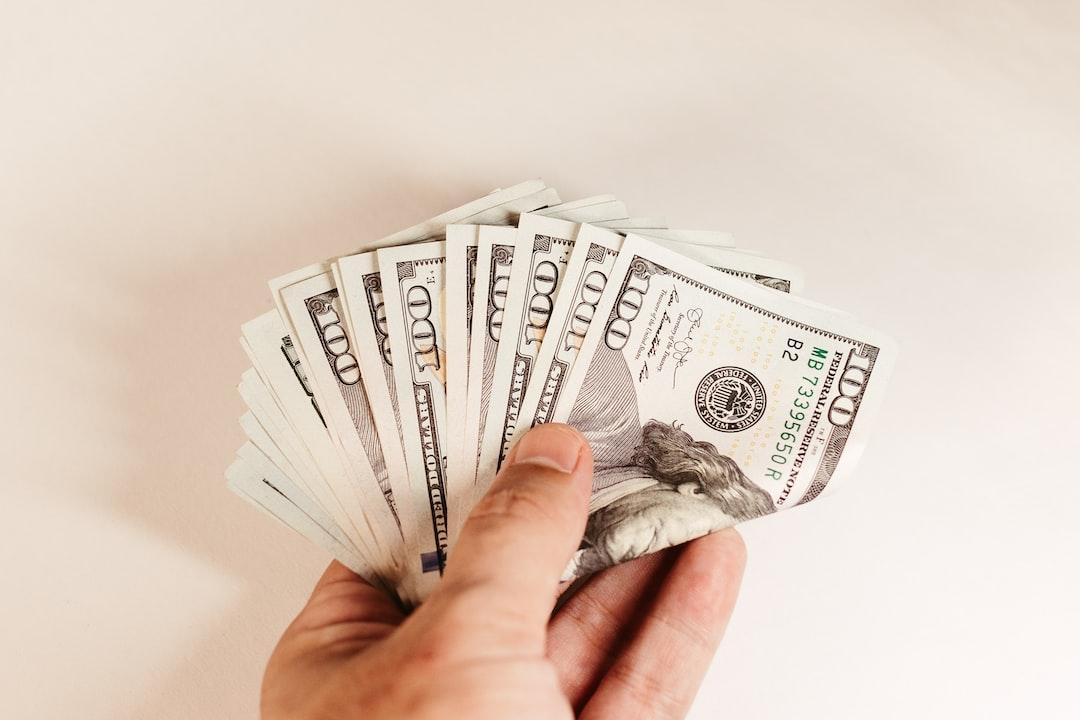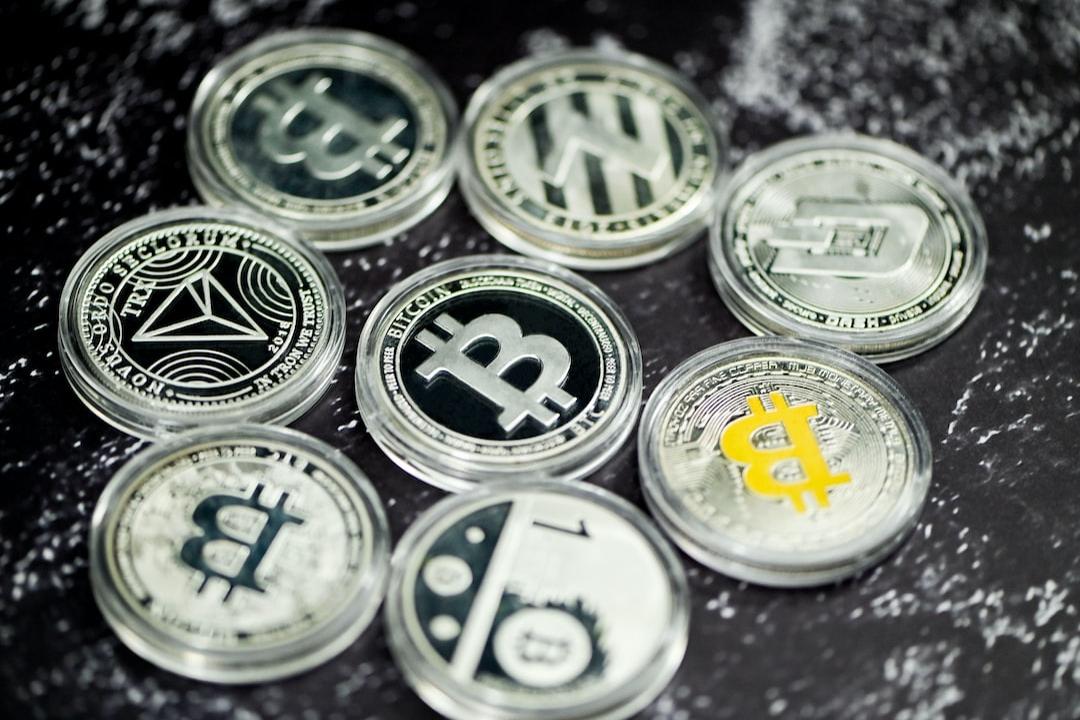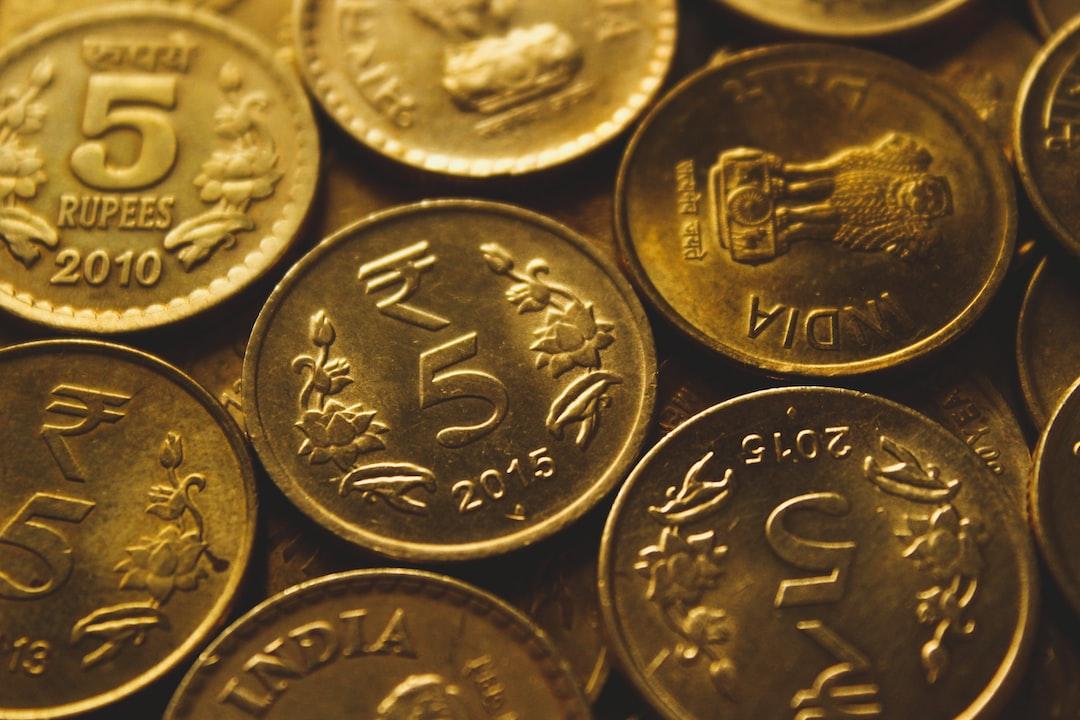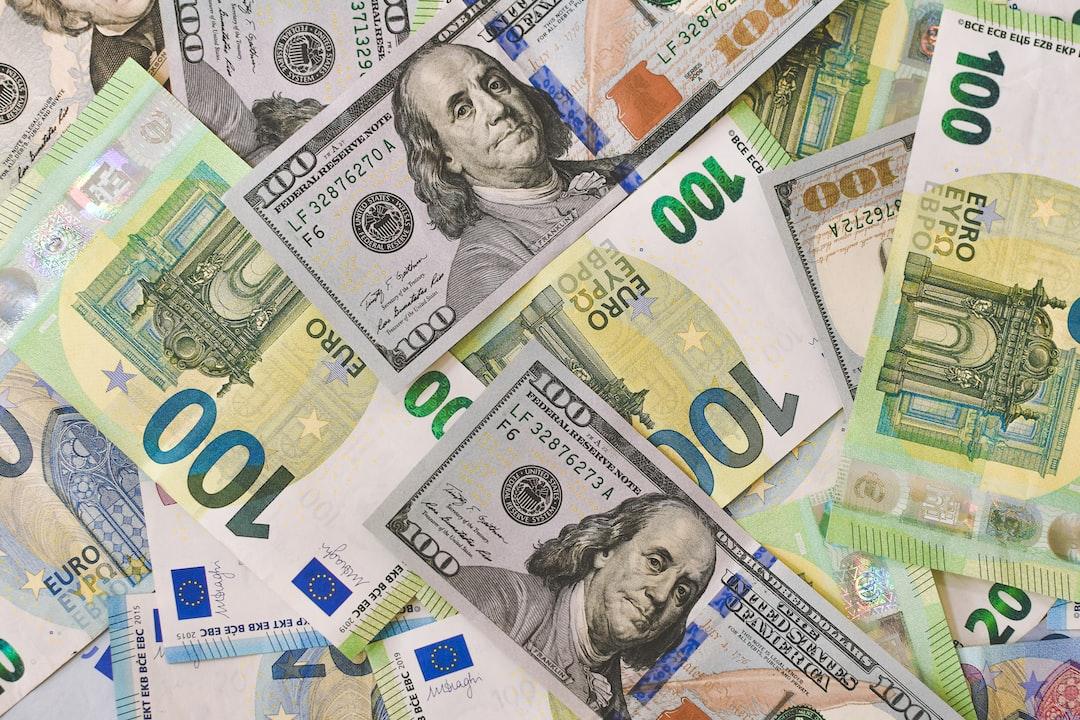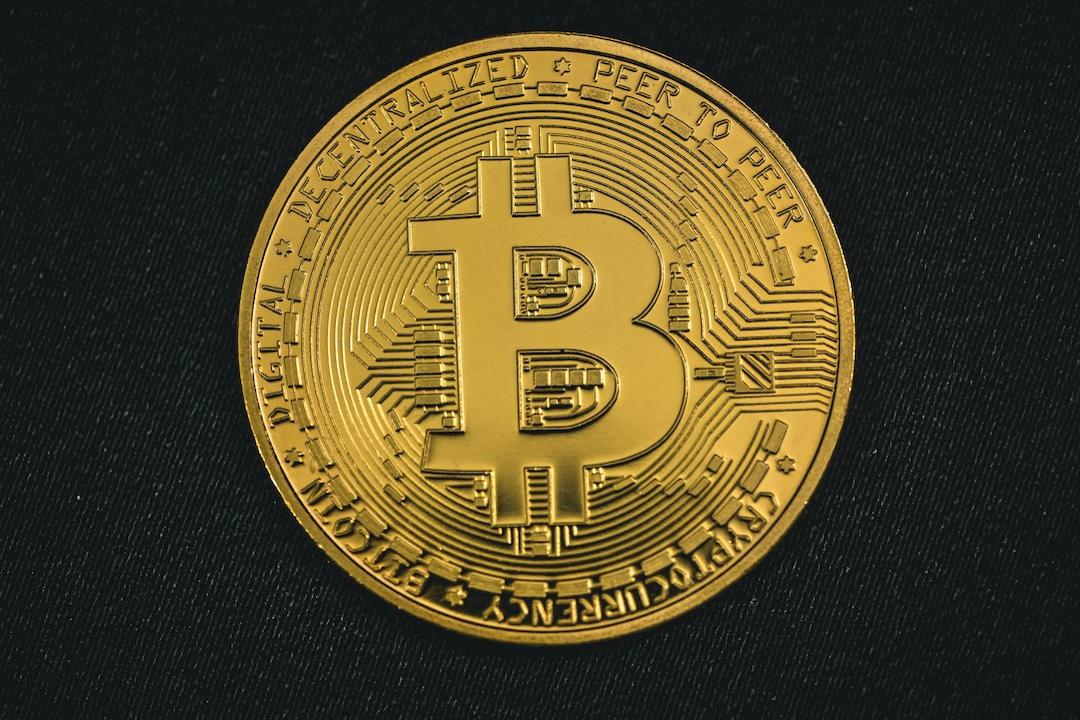
US Government Transfers 240 Million in Confiscated Bitcoin to Coinbase
The United States government made a significant move in the cryptocurrency market on June 26, 2024, by transferring 3,940 Bitcoin to a Coinbase Prime wallet. The value of this transfer is estimated to be around $240 million.
This particular Bitcoin was confiscated from Banmeet Singh, a convicted drug trafficker, during his trial in January 2024. Singh, who was arrested in London in 2019 and later extradited to the United States, was forced to relinquish over 8,100 Bitcoin as part of his trial, which was valued at approximately $150 million at the time. This was hailed by the U.S. Drug Enforcement Agency (DEA) as their largest-ever cryptocurrency seizure.
The transfer to Coinbase Prime indicates that the U.S. government may be considering selling these assets, which comes at a time when there are concerns about selling pressure in the Bitcoin market. The German government has also been selling some of its Bitcoin holdings, totaling about $2.76 billion, and sent another batch of Bitcoin to exchanges on the same day as the U.S. government’s transfer. Additionally, trustees of Mt. Gox, a defunct Bitcoin exchange, are in the process of selling 140,000 Bitcoin to reimburse users who lost funds when the exchange collapsed in 2014.
These large-scale sales by governments and major holders have caused apprehension among investors about potential price declines, with Bitcoin’s price dropping slightly to below $61,000 following the U.S. government’s transfer. However, the impact of these sales may be mitigated by other market factors, such as the amount of Bitcoin held on exchanges being at a six-year low, which could help stabilize prices.
Even after the transfer, the U.S. government remains one of the largest holders of Bitcoin, with approximately 213,546 Bitcoin valued at around $13 billion. These holdings are from various seizures and legal forfeitures over the years.
The case of Banmeet Singh underscores the growing role of cryptocurrency in both criminal activities and law enforcement actions. According to the U.S. Department of Justice, Singh operated a drug trafficking network from 2012 to 2017 across several U.S. states. Despite being sentenced to five years in prison in April 2024, Singh reportedly received credit for time served and has been released.

